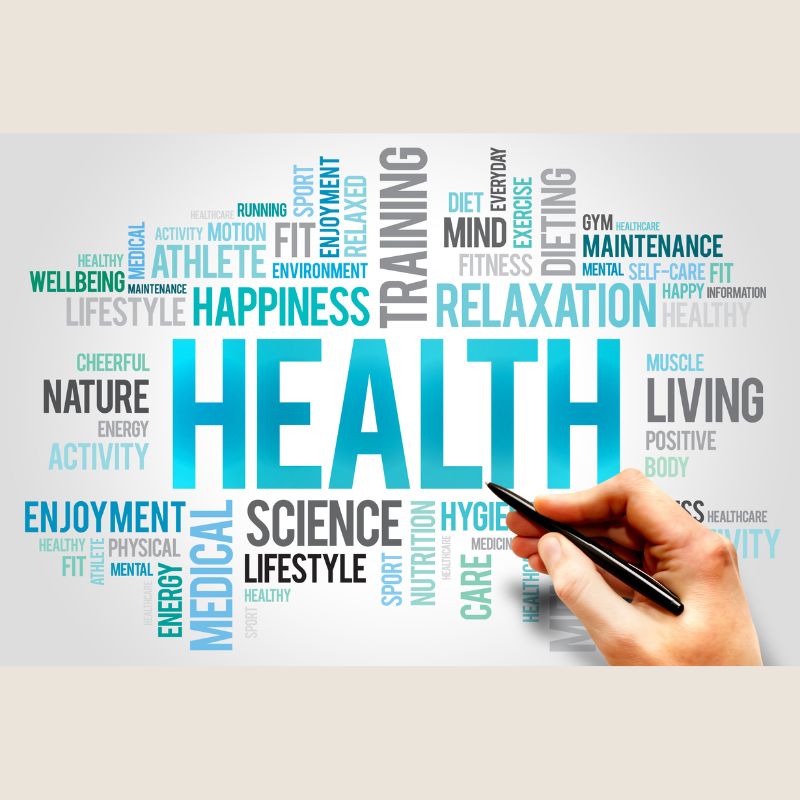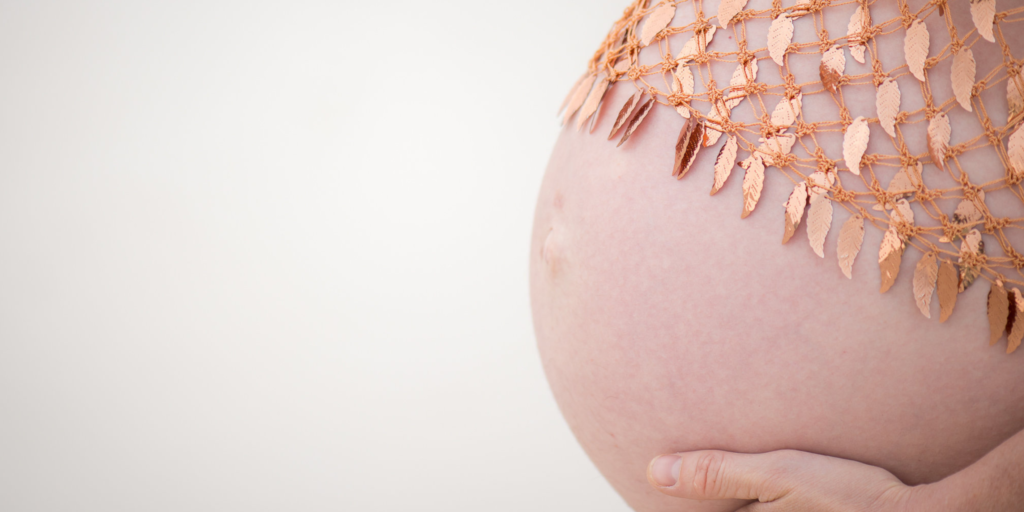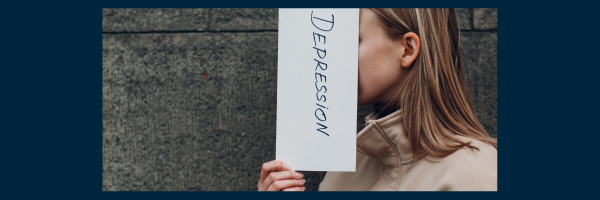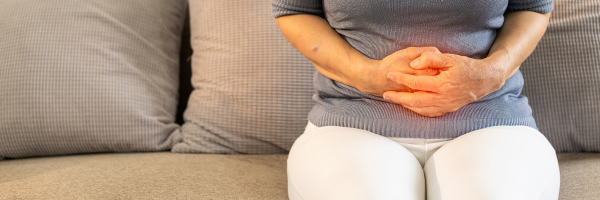
Health
Mastery
Community
Curiosity
Health
The meaning of health is “wholeness, a being whole, sound or well”
Again we return to the concept to being ‘one’. When we are healthy there is so much enjoyment from life and as we all know, even with injury or pain we can still have a healthy life.
Not everything is how we think that it will be.
We aim to care for our own health, lead by example, continue to tweak our own areas of weakness and experiment with treatments, supplements and herbs to understand what they do and how they can help.
In clinic, each of you may have a different idea of what ‘health’ means to you and where you want to start. Why have you come for acupuncture or Chinese herbal medicine? And, is it an emergency or preventative?
Health is a long term accumulation of what has come before, and each day we have the opportunity to make our future one we want to live and be active in. We help you do this.
Mastery
Being the best that we can be.
Mastery over the one, mastery of oneself.
Mastering our craft.
There are many ways this informs our lives and how we approach our work. Both of us aim to provide the best service, the best treatment and the best outcome.
This makes us seek out the best training and invest in it, adjust how we work, receive feedback from clients and adapt, continue to practise, practise, practise.
Why?
So we can help more people.
Community | People
Our contribution is one that supports people to be their best be it physically, mentally, emotionally and spiritually.
To call people to their place of balance to make the best decisions they can with what they know.
To help people function in the world again be that physically or in groups.
To listen and hear – not just the physical ailment, to listen the person we are with.
Why is this important to us?
Chinese medicine philosophy talks about everything beginning from the one, then to the two, the three and the ten thousand things. Essentially, we are all one.
How could we not help each other?
Curiosity
Life experience is a funny thing. There is always a possibly that the pain of life will sink in a little too far, that the sheen will wear off and that maybe this whole thing isn’t so great after all. Little corners of bitterness, fixed ways of seeing things and a resistance to the turning of the wheel, time.
Staying fresh – curious – is of incredible value. How can we be new again? What would a beginners mind see or think? How do my children see the world? What happens if I put myself in their shoes?
We aim to adjust our lens – to be curious – allowing experience to help us & curiosity to keep us present. Fortunately every single person we see – you – is different and there are opportunities every day to be new.




